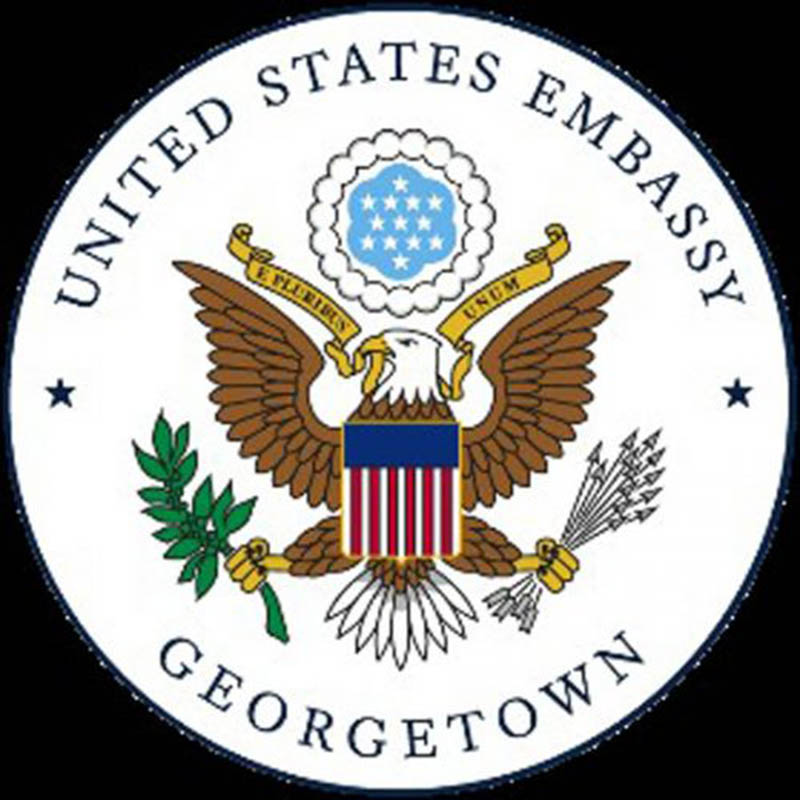Frequently Asked Questions about the Child Status Protection Act (CSPA)
Some persons who are over age 21 may still qualify for immigration benefits as a “child”. This edition of our Ask-the-Consul answers some frequently asked questions about the Child Status Protection Act (CSPA).
1. What is the Child Status Protection Act (CSPA)?
The Child Status Protection Act (CSPA) of 2002 was enacted to preserve “child” status for certain beneficiaries who would otherwise “age out” (turn 21 years old before they could be issued an immigrant visa) due to administrative delays in visa processing.
2. For immigration purposes, who is considered a “child”?
U.S. immigration law defines a child as a person who is both unmarried and under 21 years old. The CSPA allows some people to remain classified as children beyond their 21st birthday. However, if you marry, you will lose status as a “child”.
3. My petition was filed many years ago and my child (who is now age 21) was originally included. I just received my appointment letter, and he/she is not included. What do I do?
If your case has been assigned an appointment date and transferred to the Embassy for processing, you may email us the child’s birth certificate along with a request that we verify if the CSPA applies in your case. Be sure to include your case number. To avoid processing delays, you should contact us before the visa interview date. Do note that not all children will qualify. The CSPA uses specific guidance to determine eligibility.
4. My case is still at the National Visa Center (NVC) and my daughter turns age 21 soon. I’m worried she will be taken off of my case. Can my case be expedited to prevent this?
If the priority date on your case is current, NVC can make an interim determination regarding your child’s continued eligibility under the CSPA. If they determine that the child will not benefit from the CSPA, the case can be expedited to the Embassy. If the child will continue to qualify based on the CSPA, the case will not be expedited. You may contact NVC directly using their contact form at https://travel.state.gov/content/travel/en/us-visas/immigrate/national-visa-center/nvc-contact-information.html.
5. The Embassy notified me that my child, who was originally on my case, did not qualify for a visa under the CSPA. What do I do now?
Regrettably, not all persons will continue to qualify for immigration benefits as “children” after turning age 21. In these cases, the principal applicant may file an I-130 petition for the child after entering the U.S.
6. How exactly do you determine if a child over age 21 will continue to benefit under the CSPA? Is it at the discretion of the Consular Officer?
Determining if a child qualifies after turning age 21 is not at the discretion of a Consular Officer. Rather, the CSPA provides a specific mathematical formula to determine a child’s “CSPA age”. If the formula returns a “CSPA age” of under 21, the applicant may continue to benefit. For detailed information on the formula used, please review https://www.uscis.gov/green-card/green-card-processes-and-procedures/child-status-protection-act-cspa.
***
“Ask the Consul” is a monthly column from the U.S. Embassy answering questions about U.S. immigration law and visa issues. Detailed information about visas and travel can be viewed at https://gy.usembassy.gov/, https://ais.usvisa-info.com/ and https://travel.state.gov/. Applicants are strongly encouraged to prepare their own documents and avoid third-party advice. U.S. Consular rules change frequently, and non-US government advisors often provide inadequate or inaccurate information. Please contact our Visa Information Service Center on toll free numbers: 1-877-246-6788 or 703-988-5765 if you have general visa questions.”

